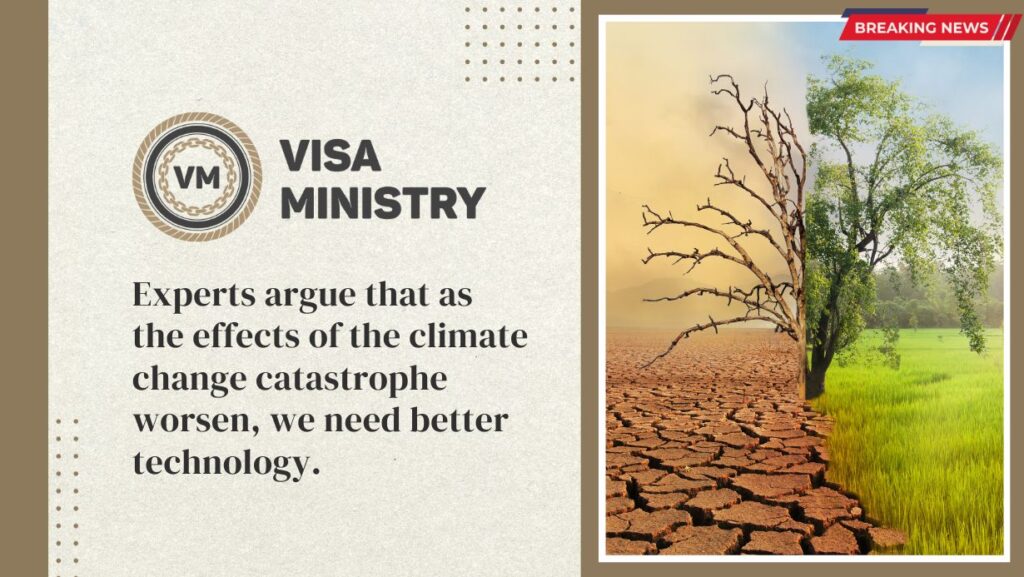Travel disruptions are expected to increase in severity along with climate change. That was the feeling expressed at Phocuswright, when a number of influential travelers spoke on stage on how to handle this. In the meanwhile, technology could help reduce weather disruptions while the globe strives towards net zero goals that address climate change itself.
“Everyone is on a journey, and it’s the traveler today that has to connect all the dots of that when things go wrong,” stated Jeffrey Katz, founder and CEO of Journera. However, technology ought to be doing the heavy lifting in connecting these dots, leaving the traveler with no manual labor. The travel brand should then be presented with the circumstance using that technology. The traveler will experience less stress and the brand will profit more if the brand intervenes and offers the traveler other arrangements. This will be more crucial than ever as disruptions brought on by climate change will occur more frequently and with greater intensity.
The real-time, real-journey view of the customer and the technologies that can be added to it appeal to Theresa Wise, CEO of Utaza and former CIO of Delta Airlines. What currently exists, such as transaction data, infrastructure, and the logic to connect it all, is of special interest to me. The delivery systems are in place; all we need is technology to connect them so that, after a disruption, we can speak with the consumer in an informed manner and [immediately find them] a different hotel or a waiting car.
Sun Country Airlines’ SVP and CMO is Brian Davis. The airline transports 4.5 million people annually between Minneapolis and the Caribbean, two areas that are increasingly affected by harsh weather. “The infrequent traveler, or those who travel once a year, is one of the defining characteristics of our airline,” he stated. Thus, we have limited capacity to influence behavior and build relationships. On the other hand, we are really enthusiastic about our new IROPS technology. We’ve been updating our technology stack in order to handle this unstable operating environment, and we’re giving travelers direct access to these capabilities so that we can assist them when disruptions occur.
Paul Weaver, Vice President of Global Digital Product Design at Hyatt, believes that AI has a lot of applications in disruption management. “We’re working on scalable and affordable ways to incorporate AI into our websites and products, with a strong focus on digital storytelling. However, since we are a hotel, our clients want a certain level of humanity and care, so we must strike a balance between AI and their demands. Gen AI can truly help when it comes to providing our consumers with an improved experience, especially in times of disruption [e.g., by making it easier for the travel industry to rebook travelers in the event of a disruption].
Source- Travel daily
